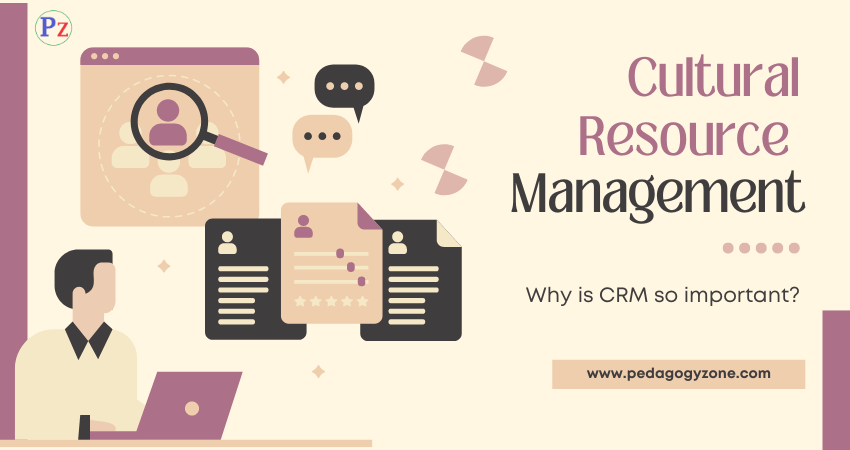Managing Ethical – Ethics refers to the study of good and evil, right and wrong, and just and unjust actions of business people. Business ethics is the same as the generally accepted norms of good or bad practices. Human resource management (HRM) is the science of managing people systematically in organizations.
The unique individual actor in the organization – a given executive, manager, line worker – is not the focus of HRM, rather, human resources practices and policies concerning recurring cycles of staffing, reward and compensation, and performance management inform how any person or group of people is introduced into the organization, managed while there, and exited from the organization.
When these three overarching aspects of human resource management are designed effectively, the organization benefits from a management system that enhances the sustained competitive advantage of the organization. A critical part of designing these aspects effectively requires consideration of ethical concerns at each stage.
Staffing is comprised of systems designed to recruit and select employees to undertake required roles in the organization. The purpose of recruiting is to provide the organization with a group of candidates large enough for the organization to select the qualified employees that it needs. Needs are formalized by (1) job or position descriptions, which are written statements of content and organizational level of the job; and (2) hiring specification, which details background, experience, and skills requirements.
Nature of Ethics
Business ethics does not differ from generally accepted norms of good or bad practices. If dishonesty is considered to be unethical and immoral in the society, then any business person who is dishonest with his or her employees, customers, shareholders or competitors is an unethical and immoral person. If protecting others from any harm is considered to be ethical, then a company which recalls a defective or harmful product from the market is an ethical company. Two theories are important when one considers nature of ethics.
The theory of moral unity essentially advocates the principle that business actions should be judged by the general ethical standards of the society. There exists only one set of ethical standards which applies to business and non-business situations.
Opposite to this is the theory of amorality, which argues that a business can be amoral, and actions of business people need not be guided by general ethical standards. Managers may act selfishly because the market mechanism distills their actions into benefits to shareholders and the society at large.
Need of Business Ethics
The need of business ethics can be explained with the help of the following points:-
- Introducing Socialism in Business: This means the gains of business must be shared by all concerned and not just by owner of business. Profit is the result of group efforts and hence all concerned must share the same. In other words, the concept of socialism in business say that workers, shareholders, consumers all others who contribute to the success of the business must share its gain.
- Interest of Industry: Business ethics are required to protect the interest of small business firms. Big firms normally try to dominate and eradicate small firms. If industry follows code of conduct, small firms can fight for their existence and stay in the business for long.
- Buyers Market: In recent times, structural changes have taken place in the concept of business. In case of many products, sellers market has been converted into buyers market. Under such changed business conditions business ethics is needed to stress the importance of consumer satisfaction and service orientation in place of profit orientation.
- Better Relations with Society: Code of conduct results in better relations between business and society. It will reconcile conflicting interest of various sections of the society such as workers, shareholders, consumers, distributors, suppliers, competitors and government.
- Advantages to Business and Society: Ethics point out what is good and bad, so also what is right or wrong. It brings to the notice of the business community the importance of honesty, sincerity, fairness which makes them alert and socially conscious.
In the final analysis, business ethics help the business and society at large. It ensures healthy atmosphere in business which ensures improvement in social, economic and cultural values of the society.
| Read More Topics |
| Objectives of human resource management |
| Role of HRM – human resource management |
| Career planning and development in HRM |
| Controlling management and process of control |




